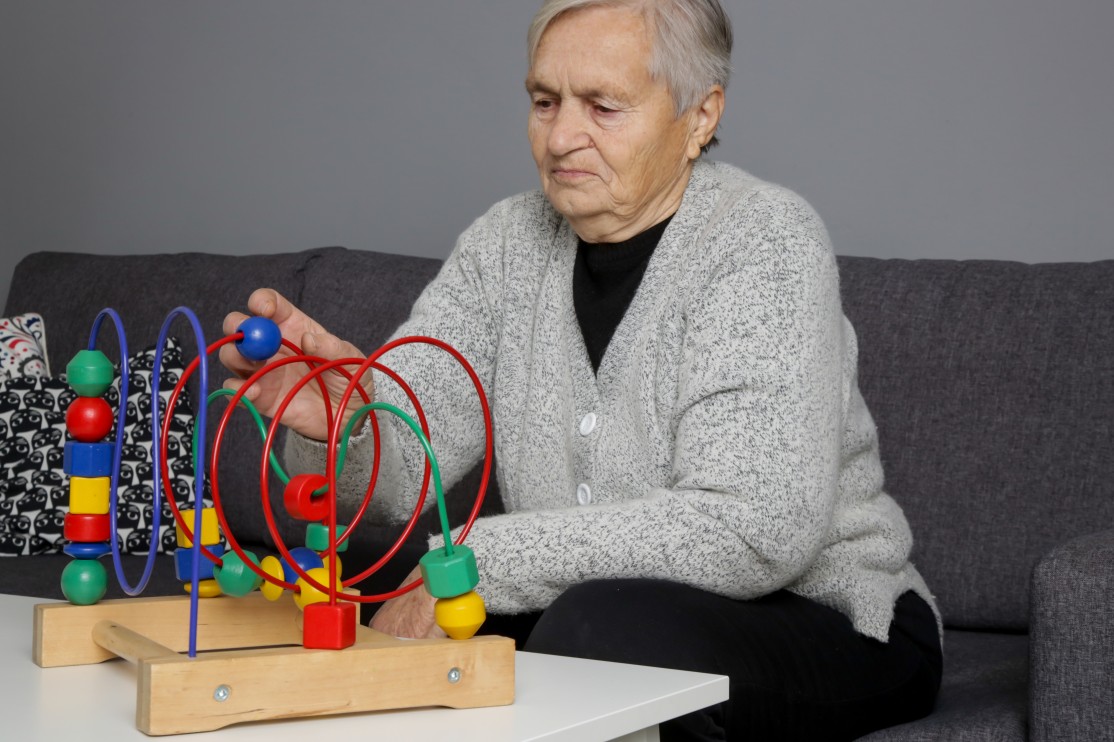
With no cure for Alzheimer’s disease on the horizon, medical researchers are increasingly focusing on discovering changes in lifestyle that can ward off the degenerative condition, from which some 5.8 million Americans suffered in 2020.
Those studies reveal three simple steps you can take now to delay and even prevent Alzheimer’s.
Eat the right kind of foods
Read More »• An apple a day
We all know the old saying about an apple a day keeping the doctor away. Now an international study has found that the chemical-rich fruit improves memory and learning and so helps fight off Alzheimer’s.
In the study, which is published in Stem Cell Reports, scientists first conducted tests on mice. Later they confirmed the results in people.
Both the apple flesh and peel should be eaten to have the full beneficial effect, the researchers found. Apple juice is less effective than eating the entire apple itself. The reason: It contains smaller amounts of the ingredients that are seen as beneficial.
The effect in fighting Alzheimer’s comes from compounds, called phytonutrients, which are found in apples, the study found. These compounds boost brain function in a similar way to that in which exercise does.
These compounds, which are also antioxidants, are vital for the maintenance of brain functions, says Prof. Gerd Kempermann of the German Center for Neurodegenerative Diseases, who was one of the authors of the study.
A strong concentration of phytonutrients from apples causes new neurons to be generated in the brain, explains Kempermann. In addition to warding off Alzheimer’s these compounds make the immune system stronger and also lessen inflammation.
• Follow a Mediterranean diet
Researchers from the German Center for Neurodegenerative Diseases also found in another study that those people who keep to a Mediterranean diet can protect themselves from Alzheimer’s and other forms of dementia.
The diet is rich in vegetables, fish and olive oil. It also includes large amounts of fruits, cereals and legumes as well as monounsaturated fatty acids.
Followers of the diet limit the amount of meat and dairy products that they eat. They also avoid large amounts of sugar, red meat, as well as fat-rich and fried foods—all of which can age the brain, the researchers say.
The Mediterranean diet not only promotes the brains’s healthy aging, but also can stop the build-up in the brain of harmful proteins that can lead to dementia and memory loss, says Tommaso Ballarini of the German Center for Neurodegenerative Diseases.
The study’s findings are published in the journal Neurology.
• Eat colorful fruit and vegetables.
A study conducted by the American Academy of Neurology complements the “apple a day” and the Mediterranean diet studies. Published in the journal Neurology, the study found that eating plenty of vegetables and fruits that are colorful can assist in cutting your risk of developing Alzheimer’s by almost 40 percent.
The evidence is growing that flavonoids, which produce striking colors in fruits and vegetables, are powerful aids in preventing your thinking abilities from lessening as you age, Dr. Walter Willett of Harvard University and lead author of the study, says.
Those who took part in the study fared best over time by eating at least a half serving a day of foods such as oranges, peppers, grapefruit, apples, pears and celery, he adds.
Among the other beneficial foods mentioned in the study are carrots, grapefruit, and sweet potatoes. Also listed are oranges, pumpkins, corn, lemons, butternuts as well as yellow and orange peppers.
In addition, eating plenty of blackberries, blueberries and cherries is linked in the study to a reduction of 24 percent in cognitive disfunction.
The protection afforded is equivalent to a person being three to four years younger in age, according to the study’s findings.
More than 77,000 people took part in the study which was conducted over a period of 20 years.
Exercise for at least 10 minutes twice a week
A study out of South Korea finds that you can hold back Alzheimer’s disease by undertaking regular exercise at least twice weekly.
Almost 250,000 people aged from 64 to 69 with mild impairment of their cognitive function took part in this study, published in Alzheimer’s Research and Therapy. The impairment was defined as people who are struggling with their thinking and memory more than normal for someone at that age. Such people are 10 times more likely to develop Alzheimer’s compared with the overall population, the researchers say.
Regular exercise should be advised for such patients with mild brain impairment, says Dr. Hann Cho of Yonsei Unversity’s College of Medicine. Even if a patient failed to exercise before they were diagnosed as suffering from mental impairment, the study’s results suggest that starting to exercise on a regular basis could still lower the risk of developing Alzheimer’s, Cho adds.
Play cards or do puzzles
Keep the brain active with fun and games that are stimulating. By doing so you could delay the onset of Alzheimer’s by about five years.
That’s the finding in research conducted by the American Academy of Neurology on 1,978 people with an average age of 80.
Among the questions that were used to determine scores in the study were how often during the previous year the participants read books or played games such as checkers, cards, and board games, and solved puzzles.
It never is too late to do the activities looked at in the study, says Professor Robert Wilson of Rush University Medical Center in Chicago and lead author of the study. The activities are accessible and inexpensive, he adds.
Education and brain activity in early life fail to help in combating Alzheimer’s, Wilson says. The research shows that brain-enhancing activities such as games and puzzles later in life are the main way in which people can ward off developing dementia and Alzheimer’s, he adds.





